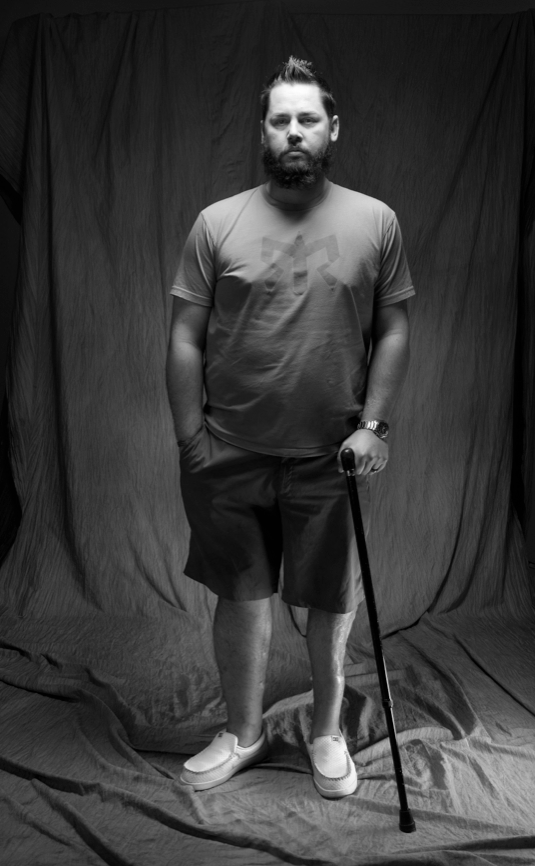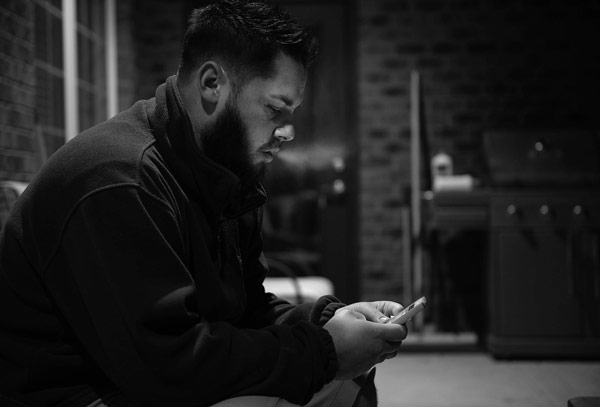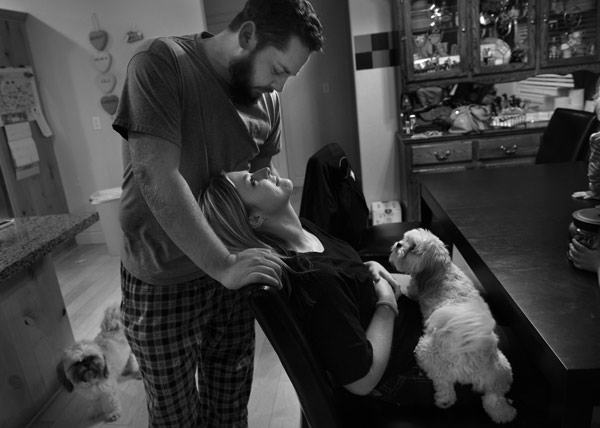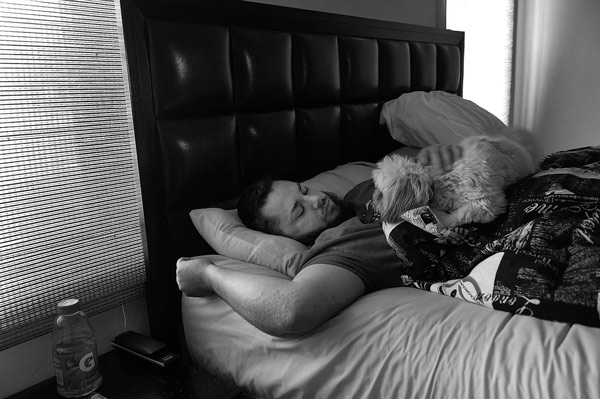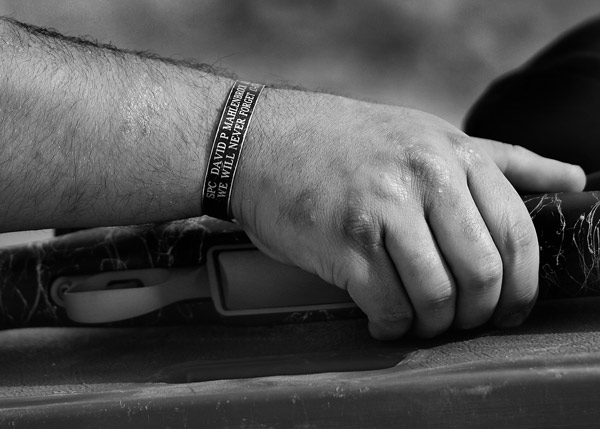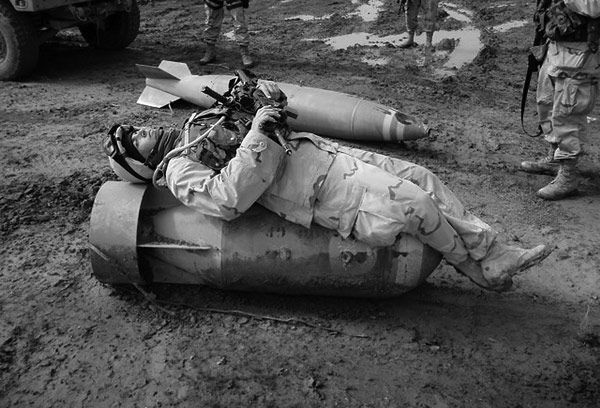On any other night, he'd smoke this cigarette hard and fast. Long draws on the filter. Abrupt flicks of the ash.
Sixty seconds, tops, and Bryant Jacobs would be out of the cold, the storm, the sputtering snow. He'd be warming himself on the radiant hardwood floors of the home he shares with his wife and two stepdaughters in this southwest corner of the Salt Lake Valley. He'd slouch back into his favorite recliner, nestled into a fuzzy University of Utah blanket with a tiny white dog on his lap.
But tonight, the 33-year-old Army veteran has told himself, he's kicking this 18-year habit. So damn the cold, damn the wind, he settles into a chair on his backyard patio, staring blankly at a shimmering vinyl fence as it sways in the storm.
Squeezing the cigarette against the stub of his long-lost index finger, he sips it like a good bourbon, as he will the thousand-dollar bottle of Pappy Van Winkle a friend brought over earlier this evening.
Tomorrow, when the sun rises above the bright white ridges of the Wasatch Mountains, Jacobs will wake up, shower, place a single sneaker into a small travel bag, and drive to the hospital.
There, he will go to sleep. And when he wakes up, his right leg will be gone.
It's been nearly 10 years — likely the longest any wounded veteran of Iraq or Afghanistan has endured before resorting to amputation. In that time, he's learned to walk again. With a cart, he can golf. On an ATV, he can hunt. He's grateful for his life.
But he's tied to a cane. A wheelchair for longer trips. Exercise can be excruciating. A careless touch can send shocking pain through his leg. A trip to the mall can cost a day of recovery. He feels so old.
And so he's made a choice — a wager that becoming less will make him more.
Jacobs takes one last drag and gives the ash to the wind. It disappears among the flurries of snow.
